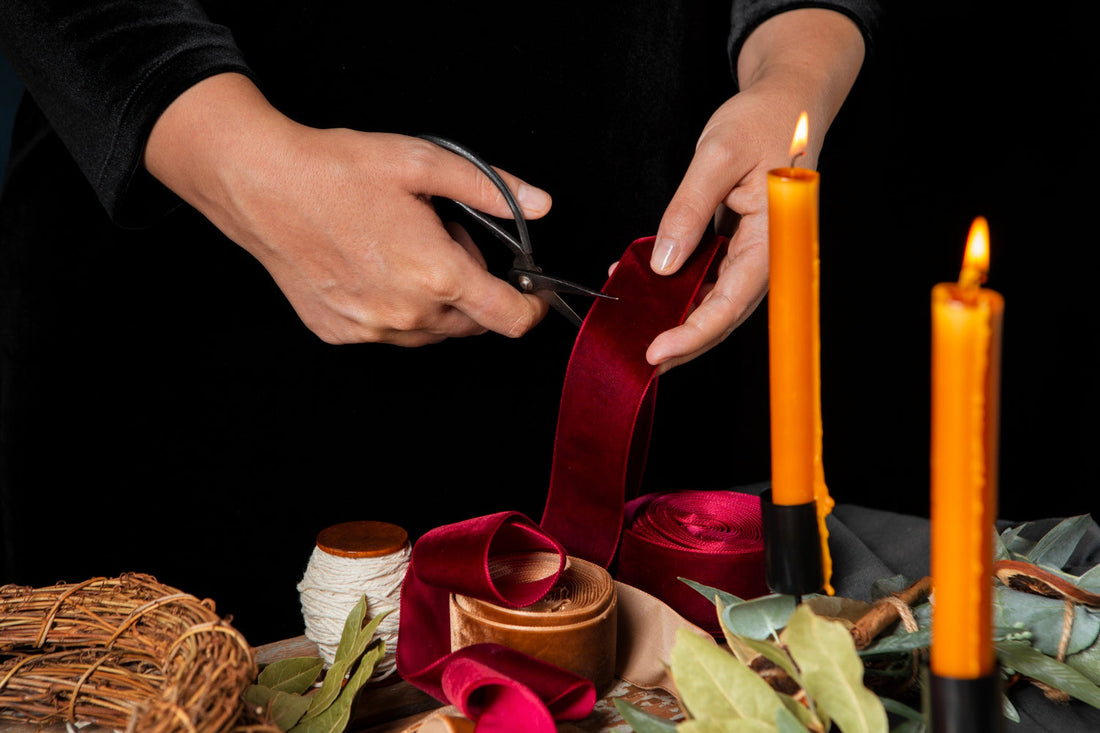Funeral traditions in the USA are diverse and deeply rooted in culture, religion, and personal beliefs. From traditional ceremonies to modern memorial services, understanding these practices can help families make informed decisions when planning a respectful farewell. In this guide, we’ll explore the most common types of funeral traditions in the USA, emphasizing their significance, customs, and cultural variations.
1. Traditional Burial Funerals
Traditional burial ceremonies are among the most common funeral practices in the United States. They often include:
- A formal viewing or wake for friends and family to pay their respects.
- A funeral service held in a church, funeral home, or graveside.
- Burial in a cemetery with a headstone or marker.
2. Cremation Ceremonies
Cremation services have grown in popularity due to their flexibility and affordability. The process involves the cremation of the body, followed by the storage of ashes in an urn. Some families choose to:
- Scatter the ashes in a meaningful location.
- Keep the ashes in a cremation urn or keepsake urn.
- Divide the ashes among family members.
3. Green Funerals (Eco-Friendly Burials)
A green funeral is designed for minimal environmental impact, making it an eco-conscious choice. Key aspects include:
- Biodegradable caskets or shrouds.
- No embalming chemicals.
- Burial in conservation cemeteries or natural burial grounds.
4. Military Funerals
Military funerals honor those who served in the armed forces. They are marked by special customs such as:
- The playing of Taps.
- Folding and presenting the American flag to the next of kin.
- A gun salute for qualifying veterans.
5. Religious Funeral Traditions in the USA
Christian Funerals:
Christian funerals often include a prayer service, hymns, scripture readings, and a eulogy. Burial or cremation may follow the service.
Jewish Funerals:
Jewish funerals emphasize simplicity and modesty. The body is washed, placed in a plain wooden casket, and buried as soon as possible. Cremation is generally avoided in Orthodox traditions.
Muslim Funerals:
Islamic funerals follow specific rites including washing the body (Ghusl), shrouding it in a white cloth, and burial without a casket where permitted. Cremation is strictly forbidden in Islam.
Hindu Funerals:
Hindu traditions emphasize cremation. The body is typically cremated within 24 hours, and ashes are often scattered in a sacred body of water like the Ganges River.
Buddhist Funerals:
Buddhist funerals focus on simplicity, chanting, and meditation. Cremation is common, and the focus is on honoring the cycle of life and rebirth.
6. Direct Burials and Cremations
Direct burials and direct cremations involve minimal services, focusing on simplicity and affordability. There is no formal viewing or ceremony before the burial or cremation. This option is often chosen for personal reasons or budget constraints.
7. Celebration of Life Ceremonies
A celebration of life focuses on positivity and honoring the life lived, rather than mourning a loss. These ceremonies often include:
- Personalized storytelling and speeches.
- A relaxed, informal atmosphere.
- Display of personal items, photos, and music.
8. Home Funerals
Home funerals are intimate ceremonies held within the family home. They offer a deeply personal touch, allowing loved ones to be closely involved in all aspects of the ceremony, from preparing the body to hosting a private service.
9. Sea Burials
A sea burial involves the scattering of ashes or full-body burial at sea. This practice often requires special permits and follows environmental regulations. Common among sailors, veterans, and ocean lovers.
10. Themed Funerals
Themed funerals are becoming more popular as families seek unique ways to celebrate a loved one's life. These may include:
- Sports-themed ceremonies.
- Music-centered events.
- Cultural or artistic tributes.
Final Thoughts:
Funeral traditions in the USA offer a range of ways to celebrate and honor a life, from traditional burials to eco-friendly funerals and personalized celebrations of life. Understanding these options can help families make informed decisions that align with their values and beliefs.
No matter the choice, the most important part is creating a space for love, remembrance, and healing.

